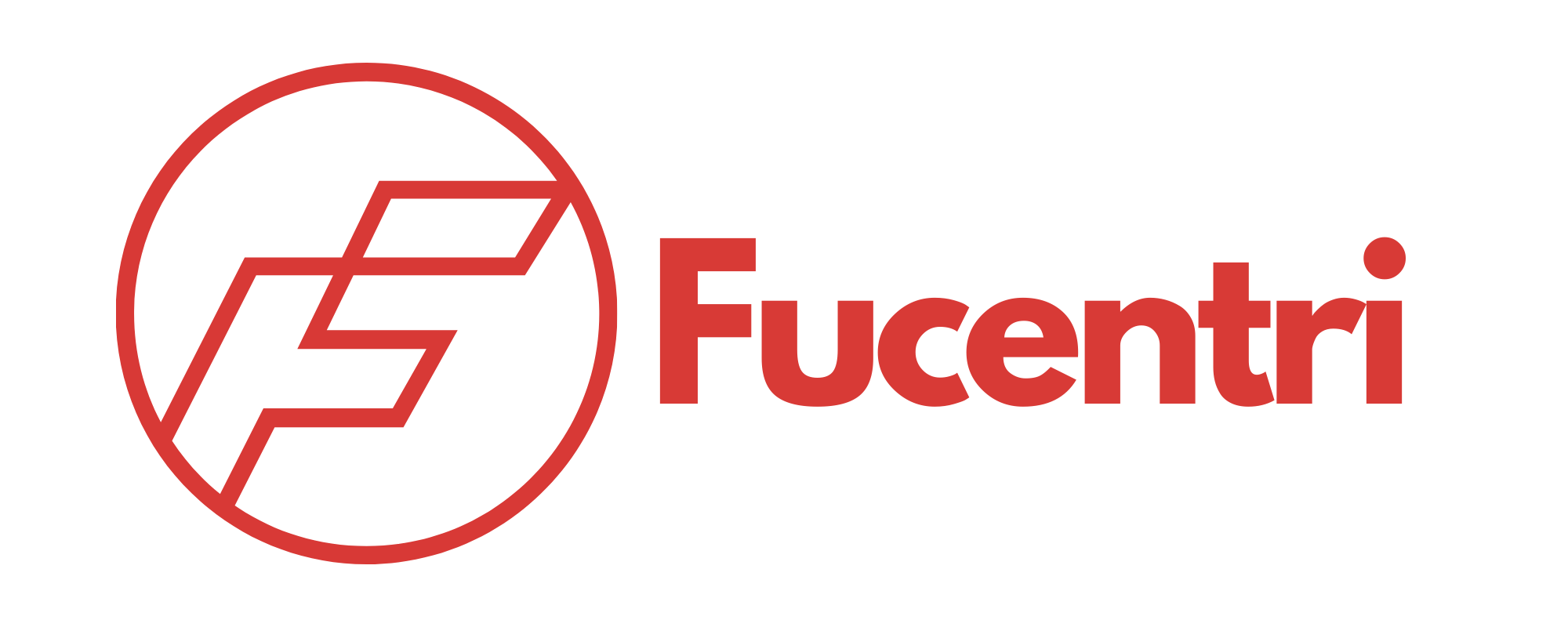Transforming Supply Chain Management: How Blockchain Enhances Transparency and Security
The complexities of global supply chains have become a focal point for businesses striving to enhance efficiency and transparency. With the advent of blockchain technology, supply chain management is undergoing a significant transformation. By utilizing a decentralized ledger, companies can gain unparalleled visibility into their operations, leading to enhanced security and transparency throughout the supply chain.

At its core, blockchain technology enables secure and immutable record-keeping. Each transaction or movement of goods can be recorded on the blockchain, providing an accurate and traceable history of products as they move from suppliers to consumers. This transparency is crucial for industries such as food and pharmaceuticals, where knowing the origin and handling of products can impact safety and compliance.

For instance, a company using blockchain can track the journey of a shipment from the farm to the grocery store. If a foodborne illness outbreak occurs, the blockchain allows for rapid identification of the source, enabling swift action to mitigate risks. This level of traceability not only protects consumers but also enhances brand trust and loyalty.
Moreover, blockchain enhances security by reducing the risk of fraud. Traditional supply chains often involve multiple intermediaries, each of whom can introduce vulnerabilities. By eliminating these middlemen, blockchain minimizes opportunities for manipulation and ensures that all participants in the supply chain can verify transactions directly.

Smart contracts—self-executing contracts with terms written in code—further improve supply chain efficiency. These contracts can automate various processes, such as payment upon delivery or quality assurance checks, reducing delays and increasing accountability. For example, a smart contract could automatically release payment to a supplier once the goods have been verified by the receiving party, ensuring timely transactions and reducing disputes.

Smart contracts—self-executing contracts with terms written in code—further improve supply chain efficiency. These contracts can automate various processes, such as payment upon delivery or quality assurance checks, reducing delays and increasing accountability. For example, a smart contract could automatically release payment to a supplier once the goods have been verified by the receiving party, ensuring timely transactions and reducing disputes.


